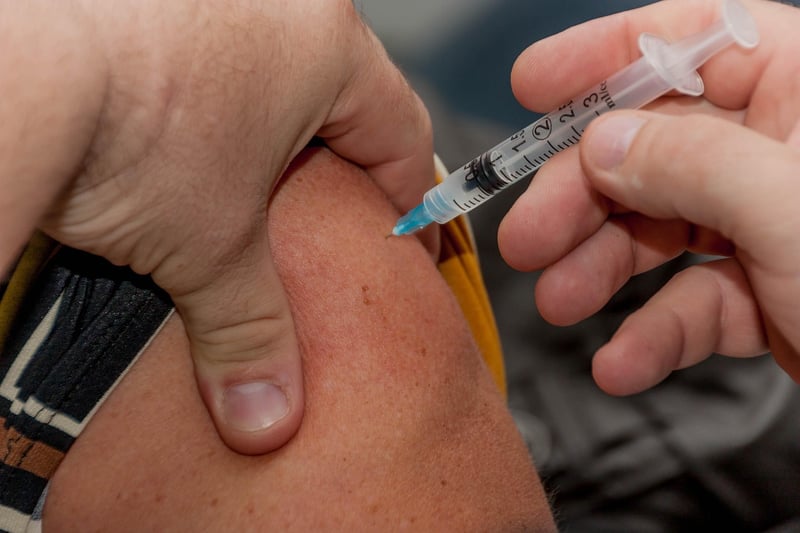Disease Prevention
#Safe Practices
#Non-toxic Solutions
#Healthy Ecosystem
Effective Strategies for Managing Garden Pests and Preventing Diseases
Welcome to our guide on how to effectively manage pests in your garden and prevent diseases from harming your plants. Whether you are a seasoned gardener or just starting out, these tips will help you maintain a healthy and thriving garden environment.
Identifying and Managing Garden Pests
Garden pests can wreak havoc on your plants if left unchecked. Here are some common pests and how to deal with them:
- Aphids: These tiny insects feed on plant sap and can cause yellowing and wilting of leaves. To control aphids, you can introduce natural predators like ladybugs or use insecticidal soap.
- Slugs and Snails: These slimy creatures can munch on your plants overnight. Use barriers like copper tape or eggshells to deter them, or set up traps with beer to catch them.
- Caterpillars: Caterpillars can eat away at leaves and flowers. Handpick them off your plants or use Bacillus thuringiensis (BT), a natural bacterial pesticide.
Preventing Diseases in Your Garden
Plant diseases can quickly spread and devastate your garden. Here's how you can prevent them:
- Proper Planting: Plant your crops with enough space between them to promote air circulation, which can help prevent fungal diseases.
- Clean Gardening Tools: Disinfect your gardening tools regularly to prevent the spread of diseases from one plant to another.
- Healthy Soil: Ensure your soil is well-draining and rich in nutrients to help plants resist diseases better.
Visual Guide to Common Garden Pests

Image source: Pixabay
Conclusion
By being proactive in identifying and managing garden pests and diseases, you can ensure a bountiful and healthy harvest from your garden. Remember to monitor your plants regularly, practice good gardening hygiene, and intervene promptly if you spot any issues.
